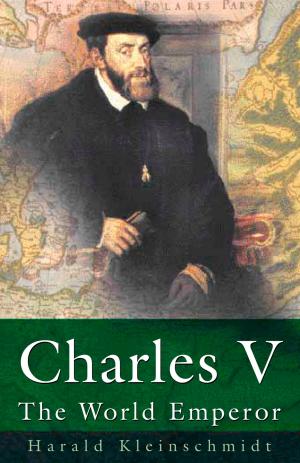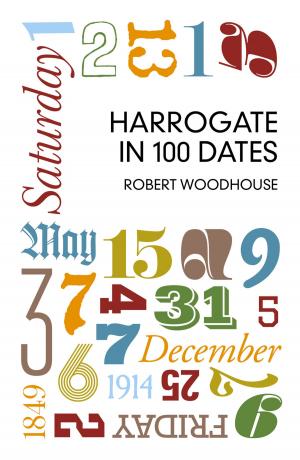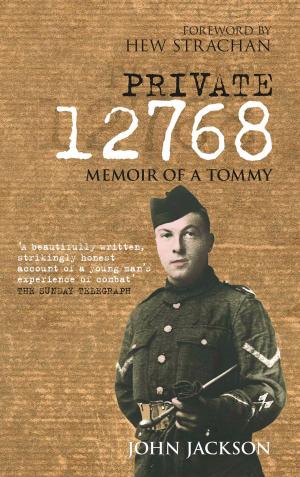Steel and Tartan
The 4th Cameron Highlanders in the Great War
Nonfiction, History, Military, World War I, Biography & Memoir, Historical| Author: | Patrick Watt | ISBN: | 9780752483511 |
| Publisher: | The History Press | Publication: | February 29, 2012 |
| Imprint: | The History Press | Language: | English |
| Author: | Patrick Watt |
| ISBN: | 9780752483511 |
| Publisher: | The History Press |
| Publication: | February 29, 2012 |
| Imprint: | The History Press |
| Language: | English |
The story of the brave volunteers of a single battalion taken from primary sources
During World War I, The Cameron Highlanders was expanded to 13 battalions, of which nine were in battle. The 1st, 2nd, 4th (TF), 5th, 6th, 7th, 9th, and 11th Battalions all fought on the Western Front. Ten representative battle honors were chosen to be displayed on the King's color, among them Neuve Chapelle and Loos, where the 4th Battalion suffered terrible losses. Note the (TF) after their designation—these were territorials, not professional soldiers, yet they did nothing to undermine the honour and the fearsome reputation of the Highland divisions. Using unpublished diaries, letters, and memoirs together with original photographs and newspaper accounts, this book focuses on the stories of the men of the 4th Camerons who went so eagerly to war in August 1914. It charts the progress of these "Saturday night soldiers" through their training in Bedford with the Highland Division to their participation through all the major battles of 1915 and their disbandment in February 1916. What makes this book unique is the close focus on a single battalion, something that makes the narrative so much more immediate than sweeping strategic descriptions at army or even divisional level.
The story of the brave volunteers of a single battalion taken from primary sources
During World War I, The Cameron Highlanders was expanded to 13 battalions, of which nine were in battle. The 1st, 2nd, 4th (TF), 5th, 6th, 7th, 9th, and 11th Battalions all fought on the Western Front. Ten representative battle honors were chosen to be displayed on the King's color, among them Neuve Chapelle and Loos, where the 4th Battalion suffered terrible losses. Note the (TF) after their designation—these were territorials, not professional soldiers, yet they did nothing to undermine the honour and the fearsome reputation of the Highland divisions. Using unpublished diaries, letters, and memoirs together with original photographs and newspaper accounts, this book focuses on the stories of the men of the 4th Camerons who went so eagerly to war in August 1914. It charts the progress of these "Saturday night soldiers" through their training in Bedford with the Highland Division to their participation through all the major battles of 1915 and their disbandment in February 1916. What makes this book unique is the close focus on a single battalion, something that makes the narrative so much more immediate than sweeping strategic descriptions at army or even divisional level.















